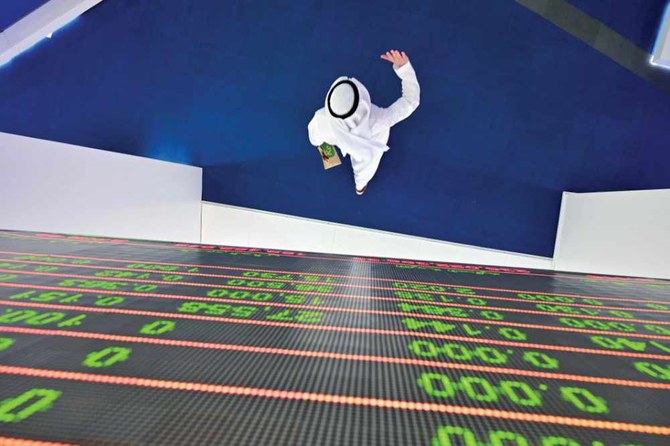Most Gulf stock markets settled higher on Tuesday, with Dubai’s main share index (.DFMGI) marking a second consecutive session of gains and closing up 0.68%.
“In Dubai, the market continued its upward trajectory, demonstrating healthy momentum and potential for further gains, with the financial sector significantly influencing performance, led by stocks such as Dubai Islamic Bank and Emirates NBD,” said Milad Azar, market analyst at XTB MENA. “This performance is underpinned by strong fundamentals and a solid economic outlook for the year.”
In Abu Dhabi, the benchmark index (.FTFADGI) rose 0.46%, snapping a two-day losing streak. The financial sector led gains, with Abu Dhabi Islamic Bank climbing 2.6% and First Abu Dhabi Bank advancing 1.53%.
Oil prices – a key driver for Gulf markets – edged up, supported by rising geopolitical tensions and supply concerns. Brent crude futures were up 0.7% at $65.08 a barrel by 1154 GMT.
Saudi Arabia’s benchmark stock index (.TASI) slipped 0.16%. United Carton Industries was the index’s top loser, dropping 3.98%.
“Sector performance was mixed. These movements suggest uncertainty at current levels, as investors await further developments, particularly upcoming U.S. economic data releases that could influence the Saudi market,” said Azar. “Ongoing trade tensions also continue to impact investor sentiment.”
Qatar’s benchmark index (.QSI) jumped 1.28%, driven by a 3.44% rise in Qatar Gas Transport (QGTS.QA). It was the index’s highest intraday gain since April 30.
Outside the Gulf, Egypt’s blue-chip index (.EGX30) closed flat on Tuesday.
In broader geopolitical developments, Ukraine and Russia escalated their conflict over the weekend with one of the largest drone exchanges of the war. Meanwhile, Iran appeared poised to reject a U.S. proposal aimed at resolving a longstanding nuclear dispute, potentially prolonging sanctions and impacting oil supply.
Separately, U.S. President Donald Trump and Chinese leader Xi Jinping are scheduled to speak this week, amid renewed tensions over tariffs. Newly announced 50% tariffs on global steel and aluminium imports are set to take effect on Wednesday, June 4.




